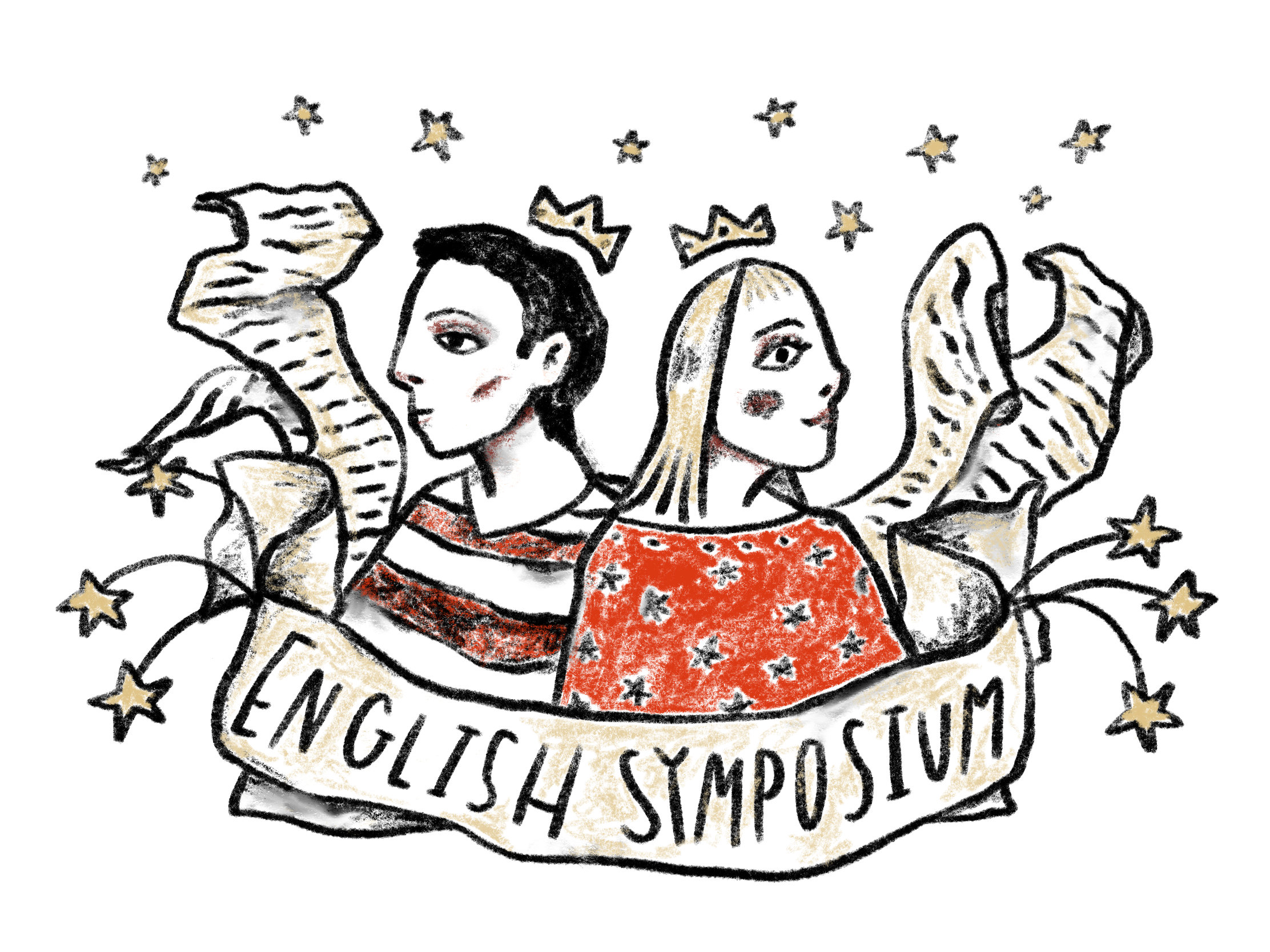Content Category
Literary Criticism
Abstract/Description
As an important aspect of language and corresponding action, cursing comes up regularly in critical discussion of Richard III. The current discourse illustrates the ties between cursing and important topics of the Elizabethan era, especially women’s power and Christianity. Whatever the ties, critics understandably focus largely on how cursing as language impacts the play. Although these critics significantly illuminate several aspects of curses in Richard III, what consistently goes unconsidered is unspoken cursing and how it expands our understanding of curses and contributes to Richard’s personal and political downfall. These unspoken curses come into play in Richard III in the form of Richard’s anxieties. Though unspoken, his anxieties are, like curses, prophetic indications of what will come. When we examine each of the anxieties within the play, we see anxiety presented as obsession with power. In his obsession with varying aspects of his power, including masculinity, loyalty, and maintaining the throne, Richard unwittingly and nonverbally curses himself, dooming himself to fulfill his unintended prophecies. As with all curses in the play, the power of these unspoken curses lies in human action. The play presents cursing not as access to divine power but as psychological action and reaction: Richard, in seeking to prevent his unspoken curses from occurring, actually gives them power over him to ensure that certain feared events come to pass. Richard’s unspoken curses play into the bigger picture of curses in the play, determining the fate of the characters and bringing about Richard’s ultimate downfall and the rebirth of the nation.
Copyright and Licensing of My Content

This work is licensed under a Creative Commons Attribution-Noncommercial-No Derivative Works 4.0 License.
Origin of Submission
as part of a class
Faculty Involvement
Richard Duerden, Jamin Rowan
The "Cursed Self": Anxiety and Unspoken Curses in Richard III
As an important aspect of language and corresponding action, cursing comes up regularly in critical discussion of Richard III. The current discourse illustrates the ties between cursing and important topics of the Elizabethan era, especially women’s power and Christianity. Whatever the ties, critics understandably focus largely on how cursing as language impacts the play. Although these critics significantly illuminate several aspects of curses in Richard III, what consistently goes unconsidered is unspoken cursing and how it expands our understanding of curses and contributes to Richard’s personal and political downfall. These unspoken curses come into play in Richard III in the form of Richard’s anxieties. Though unspoken, his anxieties are, like curses, prophetic indications of what will come. When we examine each of the anxieties within the play, we see anxiety presented as obsession with power. In his obsession with varying aspects of his power, including masculinity, loyalty, and maintaining the throne, Richard unwittingly and nonverbally curses himself, dooming himself to fulfill his unintended prophecies. As with all curses in the play, the power of these unspoken curses lies in human action. The play presents cursing not as access to divine power but as psychological action and reaction: Richard, in seeking to prevent his unspoken curses from occurring, actually gives them power over him to ensure that certain feared events come to pass. Richard’s unspoken curses play into the bigger picture of curses in the play, determining the fate of the characters and bringing about Richard’s ultimate downfall and the rebirth of the nation.

